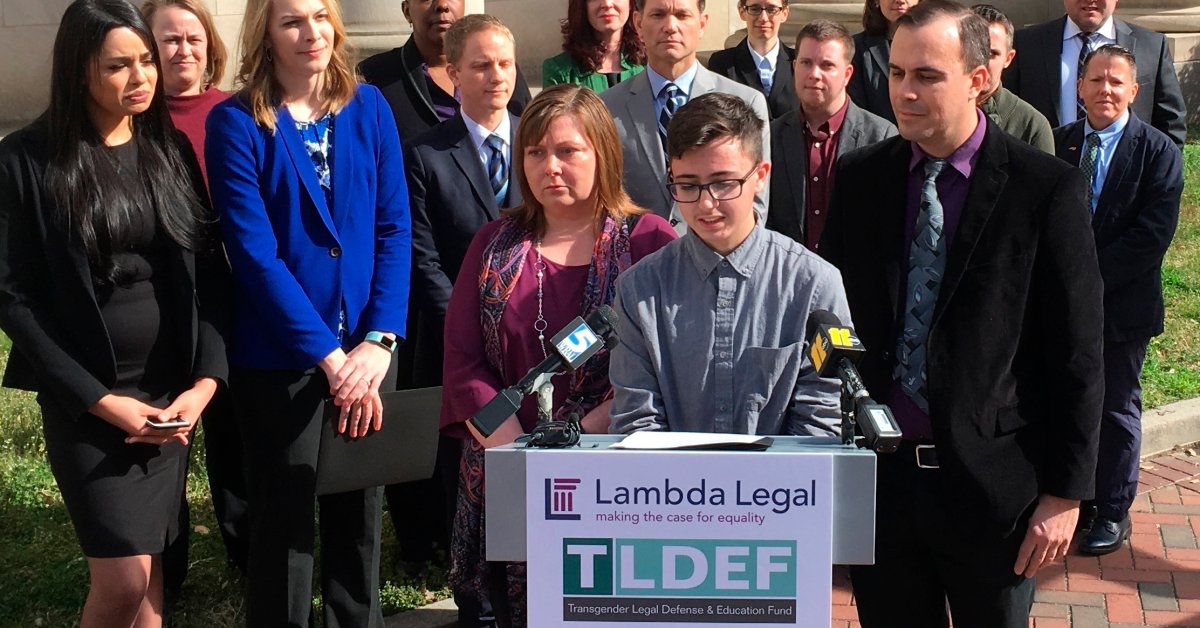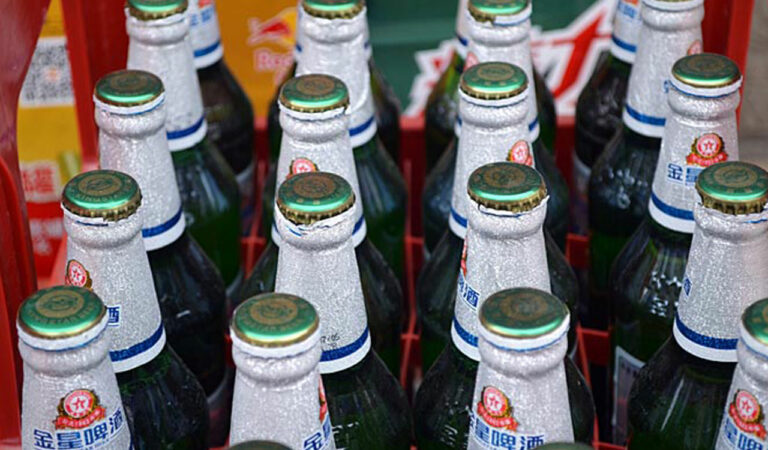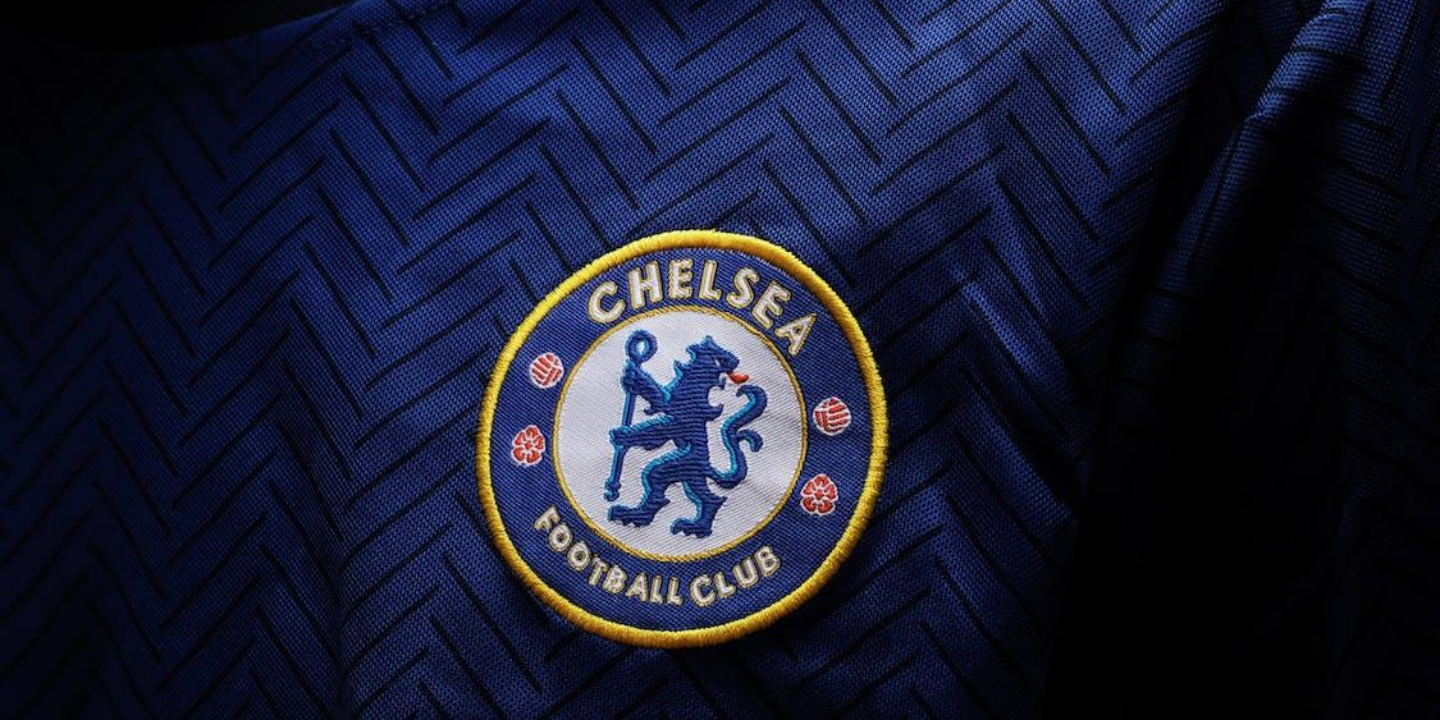“Electricity. Yeah, you can all thank me. Took some lightning, a kite, and a fat brass key,” sang the Decemberists in their 2017 “Ben Franklin’s Song.” For most Americans, that’s their image of the founder. And they’re not wrong. It’s unquestionably what he’s best known for. Franklin, his key, and his kite have graced everything from portraits to postage stamps to tea cups and tank tops for centuries. He was arguably the most famous man in the world. But those flashes of electricity loom so large that they have unfortunately blinded many from Franklin’s greatest achievement: the signing of the 1778 Treaty of Alliance between the United States and France.
That’s why it’s most welcome and important that Apple TV’s new eight-part series, Franklin, starring Michael Douglas, sheds light on something besides lightening.
Franklin offers a nuanced and generally accurate take on the alliance that brought France into the American Revolution and the 1783 Treaty of Paris that concluded the war. The miniseries is based on Pulitzer Prize-winning author Stacy Schiff’s A Great Improvisation: Franklin, France, and the Birth of America (2005). Unlike Ken Burns’ Franklin documentary or the John Adams miniseries, which try to cover a whole life or career, this version offers a “slice of history,” in the words of director Tim Van Patten. It’s a smart choice that more films should use. This show has the potential to elevate the importance of Franklin and the 1778 Treaty of Alliance—like Steven Spielberg’s Lincoln did for the Thirteenth Amendment.
What the show gets right is how easily things could have gone wrong. The 1778 Treaty of Alliance was critical to ultimately winning the Revolution. By December 1776, the optimism of the Declaration of Independence had faded. The undersupplied Continental Army under General George Washington was on the run in New Jersey after being humiliated by the combined might of the British Army and Royal Navy. They had been outgunned and outclassed by the most powerful military on Earth. The American Revolution appeared to be on borrowed time. “These are the times that try men's souls,” wrote author Thomas Paine, calling the moment an “American Crisis.” The U.S. needed money, clothes, equipment, guns, men, and, most of all, a friend with a navy to have any hope of defeating the British. They needed foreign aid. Overcoming seemingly insurmountable obstacles, Franklin charmed a foreign nation, convinced an absolute monarch to fund a war for liberty, held off his own bitter countrymen (like John Adams), and forged a defensive pact that brought France (and most importantly their navy) into the war. Four years later, those French soldiers and sailors joined with Washington’s army to win victory at Yorktown—and end the American Revolution. The war was won on the battlefield (and by the French navy) and Franklin’s diplomacy moved all the pieces and the peace into place.
Dr. Franklin, the “American Prometheus,” entered Paris to a hero’s welcome on the streets and in the chateaus. While being mobbed like some combination of the Beatles during the British Invasion and Taylor Swift at the Super Bowl, Douglas as Franklin quips, “They have it in their heads that I invented electricity. Who am I to dissuade them.” Franklin’s style of diplomacy was built around his own fame, reputation, and a crafted image of himself—complete with busts, medallions, portraits, and even chamber pots bearing his likeness. Credit goes to the production staff who replicated the plain brown suit (although the show’s appears more burgundy) and fur cap that Franklin consciously chose to symbolize American republicanism in the face of French extravagance. “Think how this must appear among the powder’d heads of Paris,” he wrote. It endeared him to the French.
The 79-year-old Michael Douglas convincingly plays a septuagenarian Franklin and brings in some of the Franklin-esque humor that was sorely lacking in Ken Burns’ version—historically accurate fart jokes and all. Interestingly, Douglas seems to be the most prolific American Revolutionary actor. He did a Franklin voiceover for 2003’s Freedom: A History of Us, played patriot John Laurens of future Hamiton-fame for a two-part 1972 TV movie, voiced Patrick Henry for the animated Liberty Kids, and provided the virtual tour introduction for the Museum of the American Revolution in Philadelphia. Douglas clearly has an affinity for the time period, and Van Patten cast him because he believed both men had a “similar spirit.” Although in foregoing the makeup and prosthetics used in the publicity stills, Douglas’ Franklin doesn’t look like the portraits of Franklin. He looks like Michael Douglas in a wig with way too much hair.
Read More: How Wealthy Were the Founding Fathers?
There’s no early to bed or early to rise for Franklin in Paris, flirtations and intrigues abound. Yet it doesn’t devolve into a sensationalized Franklin bodice-ripper novel. Showing welcome restraint, Van Patten opted for “whispers” to do the work—and play on viewers' imaginations and rumors (like those of eighteenth-century Parisians). There’s still a very awkward Franklin sex scene, but he comes off as more of what the elderly man was: a “founding flirt,” not a “founding Casanova.”
The constant dilemma in dramatizing history: how close do you need to keep to the sources? Van Patten, who has his own long history of historically-set series (including Rome, Master of the Air, the Pacific, Deadwood, etc.), believes that “authenticity counts.” And it’s seen in the details, such as shooting 90% of the show in Paris and using lighting that replicates candlelight. It doesn’t look modern. Much like Shogun (Van Patten is an executive producer), English is not spoken for long periods of time—giving a sense of realism. The script opts for a conversational style, so there aren’t word-for-word letters turned into dialogue, but homage is paid to real quotations. However, while “Diplomacy must never be a siege but a seduction,” is a great line that’s receiving a lot of attention in reviews of this series, Franklin never actually said it. It was probably borrowed from an also fictitious Franklin line in John Adams: “Diplomacy is seduction in another guise.”
Drawing from Claude-Anne Lopez’s Mon Cher Papa: Franklin and the Ladies of Paris (1990), women feature prominently in the series—especially composer Anne-Louise Brillon de Jouy (Ludivine Sagnier). But the series doesn’t give the French ladies enough credit as the gatekeepers of the French court. Brillon in particular isn’t clearly shown as Franklin’s major key to high society. She’s made out to be chasing after the American, when in reality she maintained a non-romantic, father/daughter relationship—that also helped elevate her own status (despite Franklin’s other intentions).
Van Patten admits his primary function was entertainment, and that’s where the story sometimes strays from reality. Franklin in Paris and the American Revolution are dramatic enough, there’s no need to invent more drama. Overall, they’re not particularly egregious offenses, but they are noticeable if you’ve delved into the history. For instance, Franklin didn’t get the Marquis de Lafayette (played by a standout Théodore Pellerin) a general’s commission from Congress; Silas Deane, the original envoy to France, did. Fringe characters get elevated roles to “shine a light on characters forgotten by history,” while other more prominent ones are cut altogether (Franklin is missing a grandson and America some other diplomats). Still, while the series may not be perfectly accurate, the overall sense of Paris and the moment is correct. And while perhaps it’s an episode or two too long—this series is fun. Just watch the Monty Python-esque opening credits.
But why should viewers care about Franklin as anything more than entertainment? With Franklin-like wit, Mark Twain once said “The past doesn’t repeat itself, but it does rhyme.” We’re in a moment right now that could benefit from Franklin’s wisdom on national and international diplomacy and statesmanship. With global conflict and competition increasing, alliances and diplomacy are more important than ever. In Franklin’s opinion, “there never was a good War, or a bad Peace.” At home, Americans face a contentious upcoming presidential election, while still in recovery from the last one. Van Patten hopes that audiences will take away “just how fragile the ideas and principles of our founding fathers were—then and now.” Or, in Franklin’s words, we’re “a republic, if you can keep it.”
Nothing will replace the correlation between Franklin and the lightning bolt. But maybe Franklin will help Franklin the diplomat who negotiated the Treaty of Alliance at least become better known than Franklin the scientist who electrocuted a turkey.

.png) 2 weeks ago
2 weeks ago

















 English (US) ·
English (US) ·